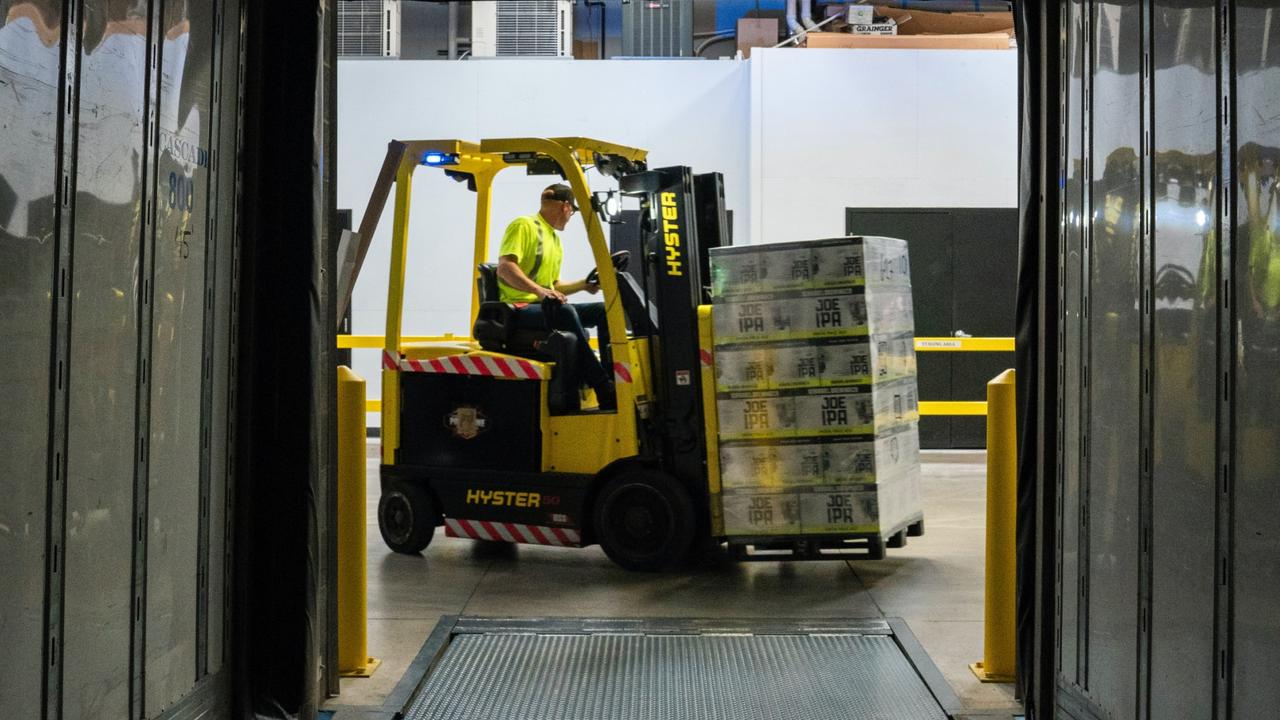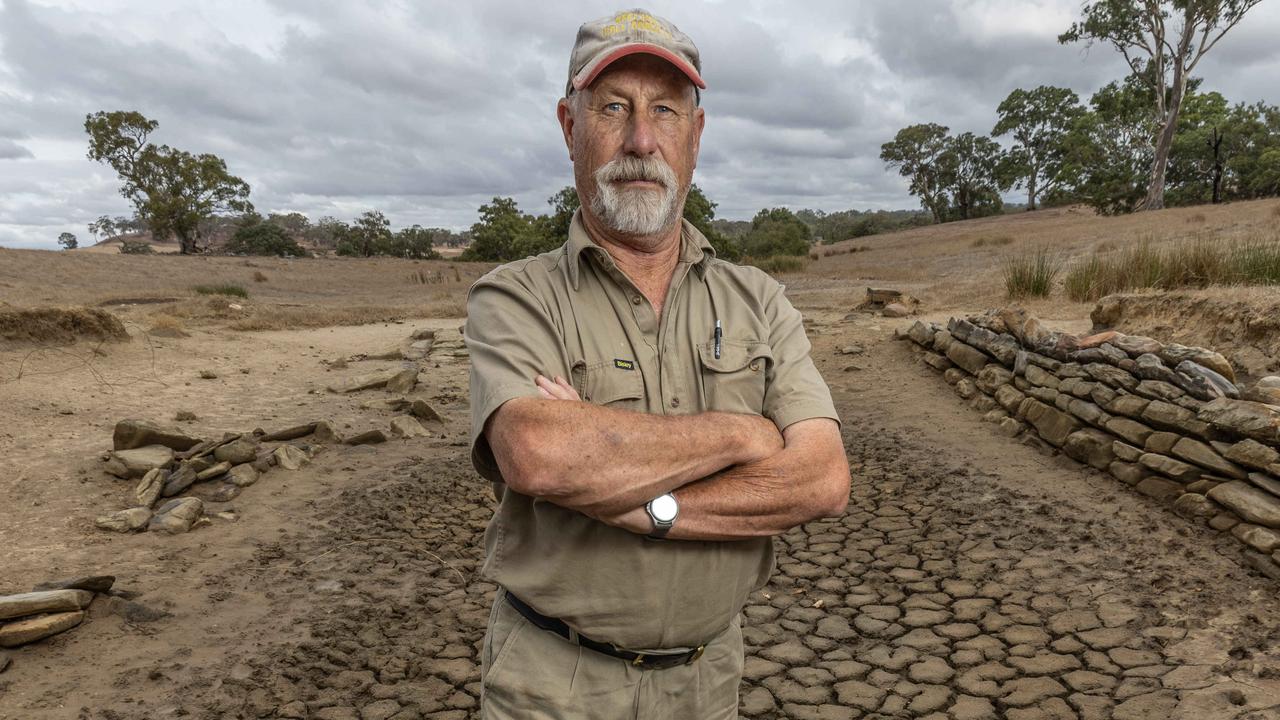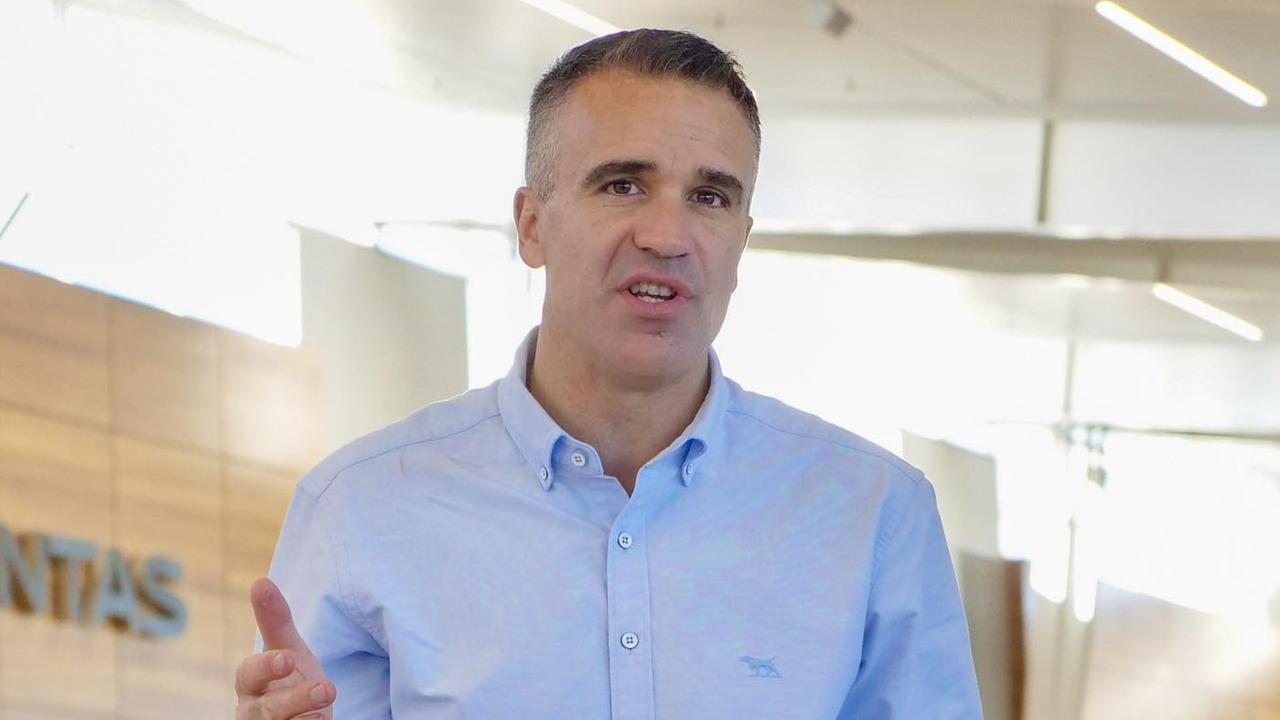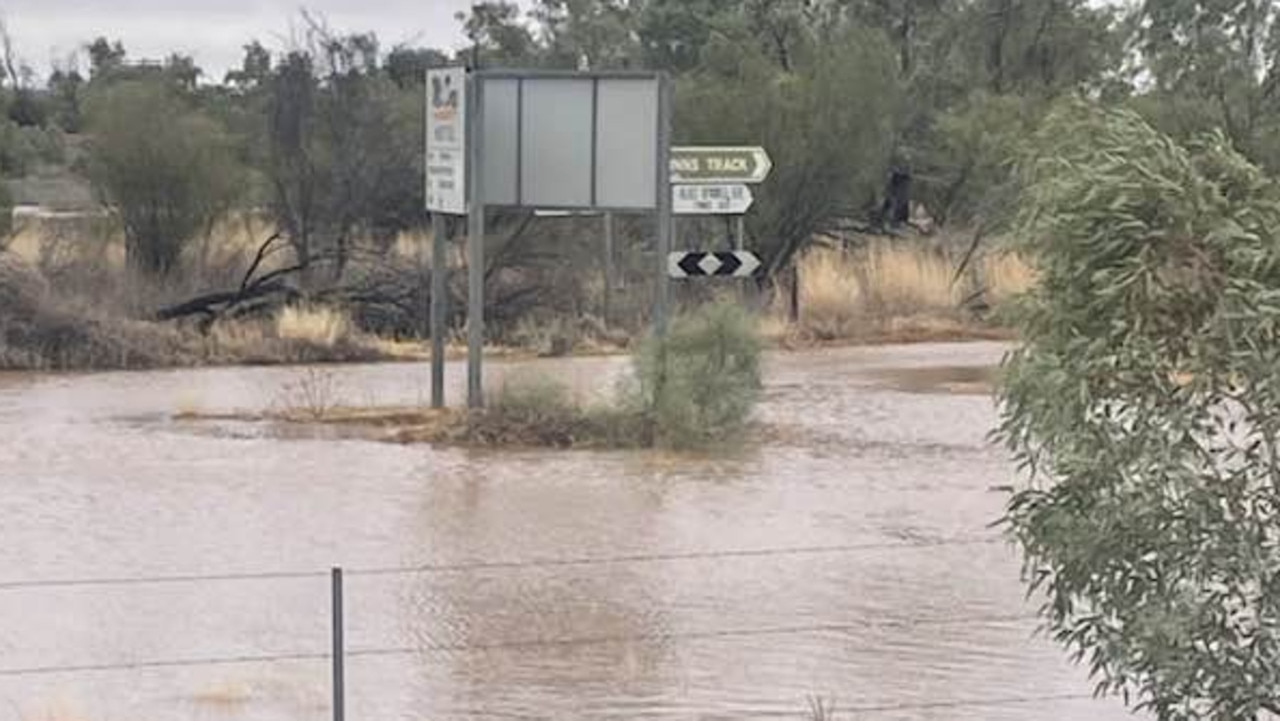SAPOL sent fraud investigator to veteran policeman’s home following injury claim, wife Angela Edwards says
The wife of a veteran SA country cop says her husband’s PTSD symptoms were made worse by SAPOL’s “ridiculous” response.
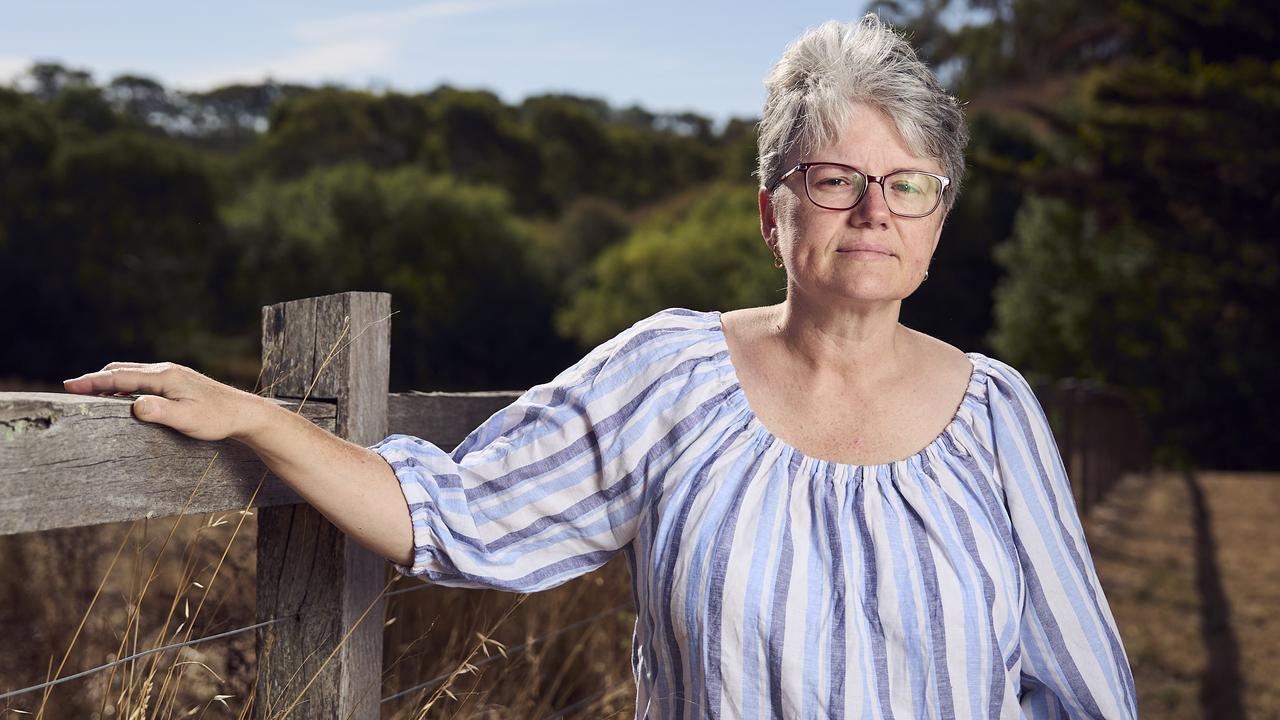
SA News
Don't miss out on the headlines from SA News. Followed categories will be added to My News.
SA Police sent a fraud investigator to the home of a veteran police officer after he reported PTSD symptoms to the force, beginning a “ridiculous” process that has worsened his injury, his wife claims.
Angela Edwards said she had watched her husband, a Senior Constable First Class in the Hills Fleurieu area who has been diagnosed with PTSD, suffer through a “broken” injury insurance claims process.
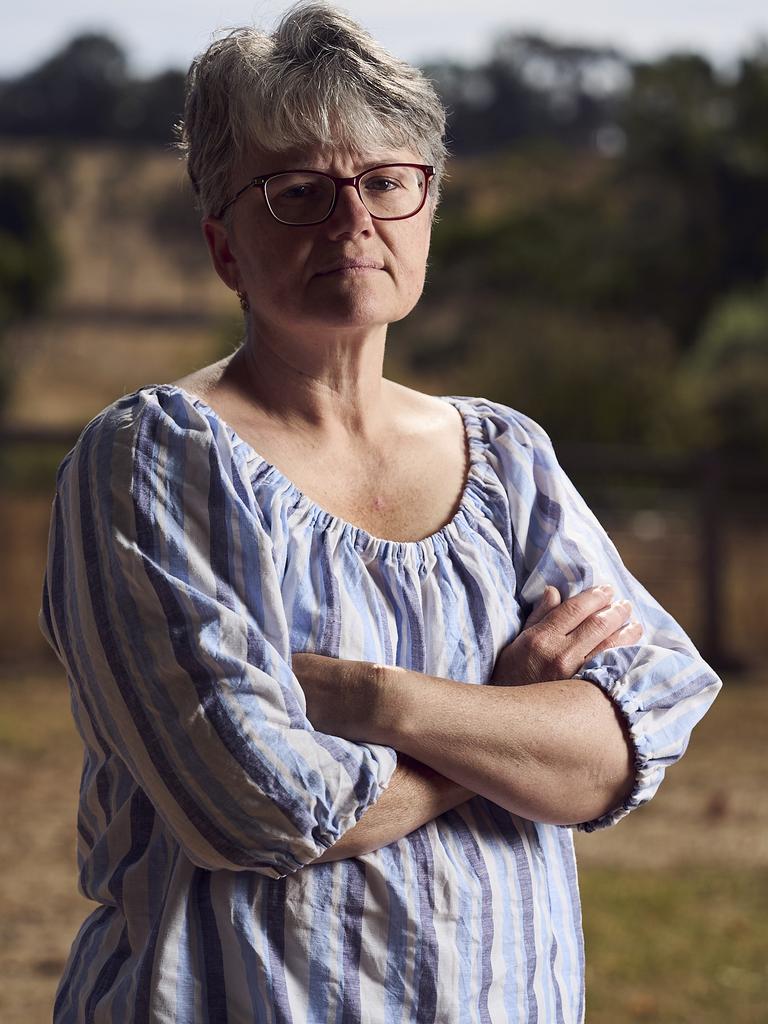
She claims SAPOL’s actions have left her 59-year-old husband, who did not want to be named, feeling neither believed nor respected despite his 25 years of service.
A SAPOL spokeswoman said she could not comment on individual cases but the force did not use fraud investigators to speak with injured workers making a claim.
Ms Edwards said that in 2020 just before her husband’s first PTSD diagnosis and insurance claim, a doctor said the officer could not return to work due to PTSD symptoms that developed over many years and were intensified by the 2019 and 2020 Cudlee Creek and Gumeracha bushfires.
Ms Edwards said SAPOL responded by sending a man to his home to take a statement, leaving the officer and his wife in disbelief when a Google search showed one of his titles was “fraud investigator”.
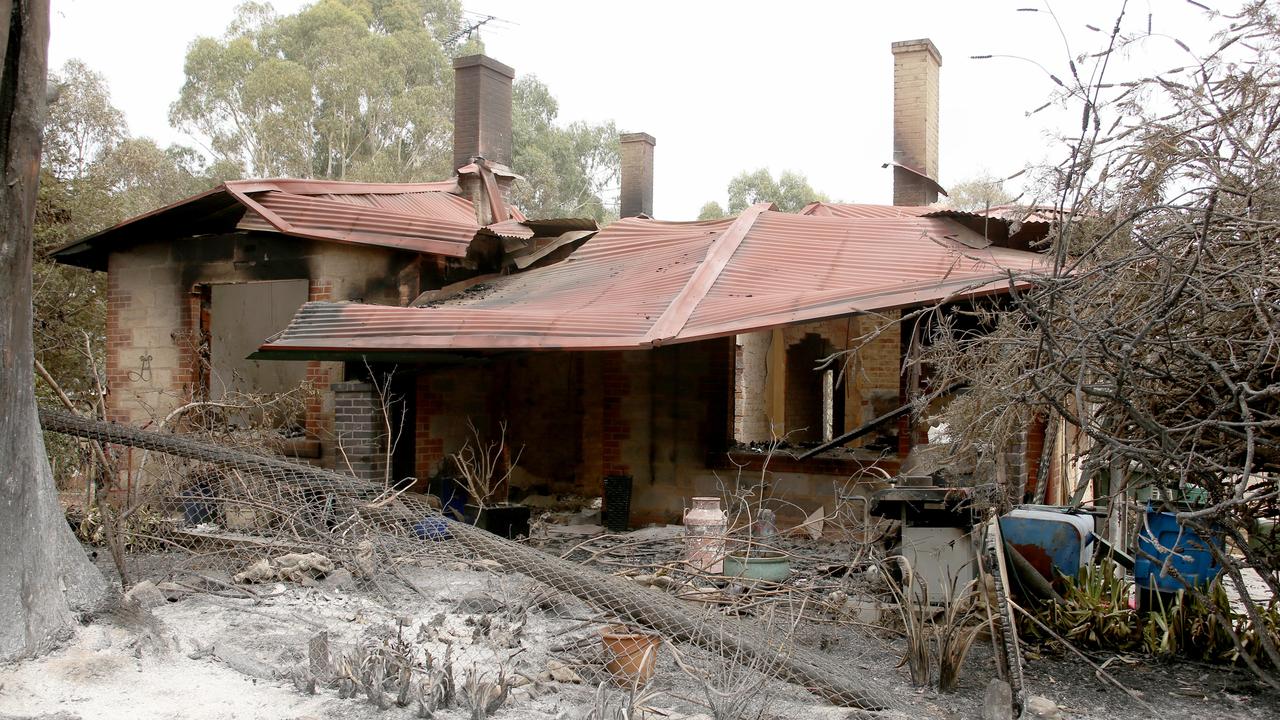
The officer made a second injury insurance claim in June last year after a recurrence of his illness, which was triggered in part by call-outs to three deaths in eight days in his small community, including one victim who was a close friend.
Ms Edwards said despite a psychiatrist telling SAPOL in 2020 his PTSD was likely to reoccur, the force insisted on the same psychiatrist completing a new report from scratch.
She claims it then took another four months for the injury insurance claim to be accepted.
“They wasted time, they wasted money, and they exacerbated (my husband’s) condition by putting him through that treadmill of ridiculousness,” Ms Edwards said.
She said the case managers assigned by SAPOL to correspond with her husband were “clerks” who did not seem to know how to talk to PTSD patients and it would often “make the situation worse”.
The SAPOL spokeswoman said their injury management case managers were appropriately trained.
Ms Edwards said SAPOL’s recruitment drive would not be necessary if the force looked after its existing officers.
“It infuriates me when I see the adverts, ‘you belong in blue, come join our blue family’,” Ms Edwards said.
“People are leaving in droves and the Commissioner can’t seem to work out why. If you looked after your people, they’d stay.”


The SAPOL spokeswoman said: “SAPOL are obligated to comply with the RTW (Return to Work) Act and strives to expedite the claim determination process, focusing on best practice case management.”
“In some instances the evidence required to complete a determination may be subject to processing delays outside of SAPOL control,” she said.
“As at 31 December 2024, SAPOL have accepted 93.3 per cent of RTW claims.”
An ongoing South Australian parliamentary inquiry is considering the adequacy of mental health support services for police officers, the prevalence of PTSD among officers and strategies for preventing the illness.
Originally published as SAPOL sent fraud investigator to veteran policeman’s home following injury claim, wife Angela Edwards says





